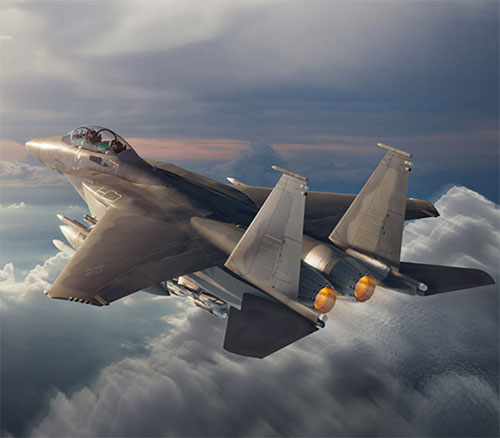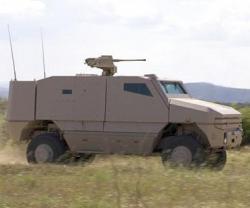The U.S. Air Force awarded Boeing a nearly $1.2 billion contract to build the first lot of eight F-15EX advanced fighter jets to help the service meet its capacity requirements and add capability to its fighter fleet.
The award also covers support and one-time, upfront engineering costs. Already under construction at the Boeing F-15 production facility in St. Louis, the first two jets will be delivered next year.
The U.S. Air Force also announced the overall Indefinite Delivery Indefinite Quantity contract with a ceiling value of nearly $23 billion for F-15EX.
“The F-15EX is the most advanced version of the F-15 ever built, due in large part to its digital backbone,” said Lori Schneider, Boeing F-15EX program manager. “Its unmatched range, price and best-in-class payload capacity make the F-15EX an attractive choice for the U.S. Air Force.”
The F-15EX carries more weapons than any other fighter in its class, and can launch hypersonic weapons up to 22 feet long and weighing up to 7,000 pounds.
To further support the digital airframe and advance rapid technology insertion, the F-15 program serves as a pathfinder for the Department of Defense’s DevSecOps initiative, aimed at developing secure, flexible and agile software. Additionally, open mission systems architecture ensures its viability for decades.
“F-15EX brings together benefits of digital engineering, open mission systems and agile software development to keep it affordable and upgradable for decades to come. This means we can rapidly test and field new capabilities on F-15EX keeping our warfighters ahead of threats,” said Prat Kumar, Boeing Vice President and F-15 Program Manager.
Pilots and mechanics currently operating the F-15 anticipate transitioning to the F-15EX in a matter of days as opposed to years. Future plans call for as many as 144 aircraft.
“We listened to our customer every step of the way when developing this exciting jet,” said Kumar. “What we will soon deliver is a modern and robust aircraft that supports our nation’s defense by incorporating the latest systems, sensors and weapons,” Kumar added.


















